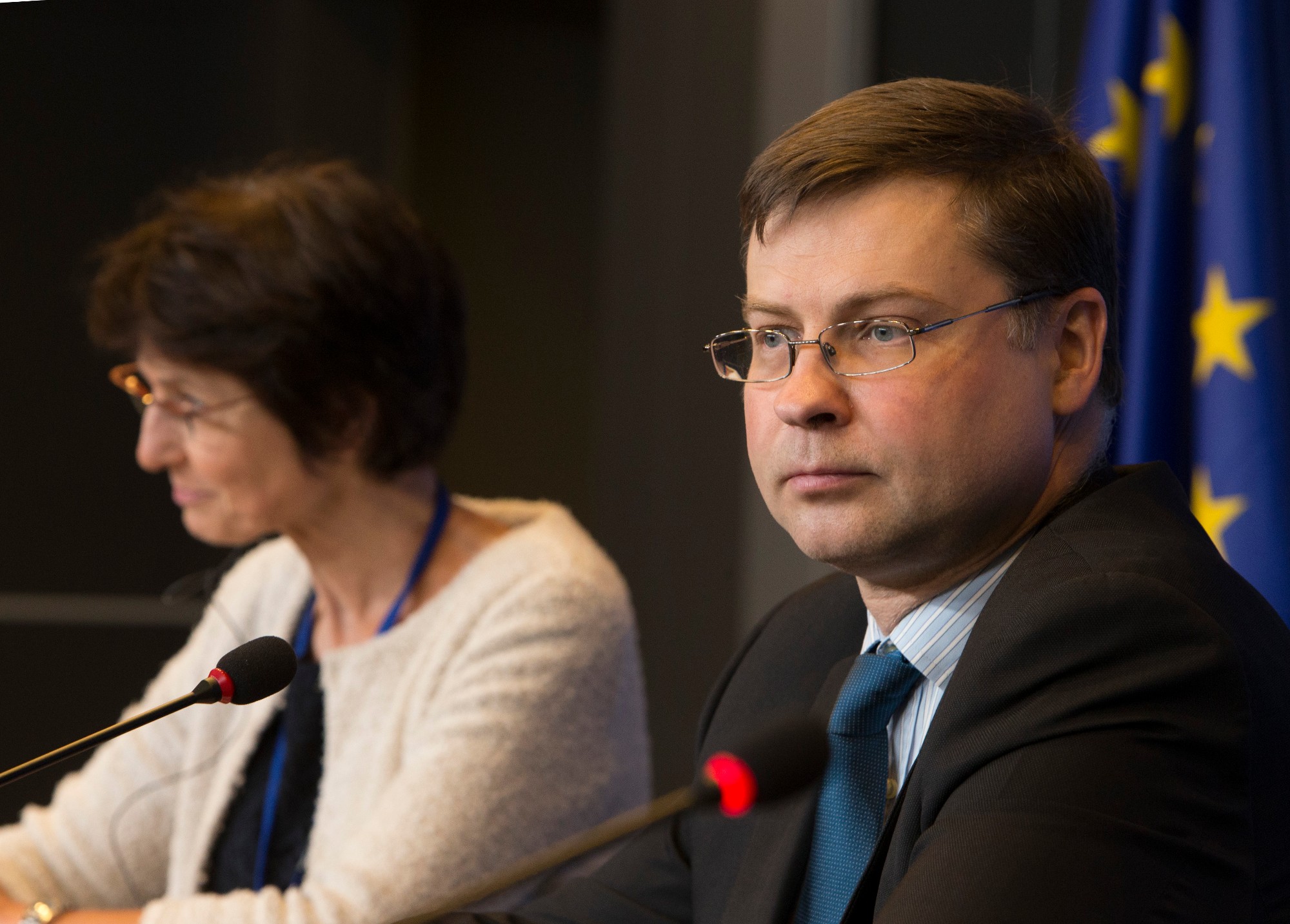A New Start for Social Dialogue: statement signed
Published:
On 27 June 2016, the cross-industry social partners (ETUC, Businesseurope, UEAPME and CEEP), and the European Commission, represented by Vice-President for the Euro and Social Dialogue Valdis Dombrovskis and the Commissioner for Employment, Social Affairs, Skills and Labour Mobility, Marianne Thyssen, have signed a statement of a “New Start for Social Dialogue”. The statement follows up the the 'New Start for Social Dialogue' initiated by President Juncker at a high level conference on 5 March 2015 together with European, national and sectorial social partners and with the other EU institutions.
The statement also covers the European sectoral social partners, and commits them to promote social dialogue and ensure proper implementation of agreements in all EU member states.
Under the renewed commitment, the European Commission and the Presidency of the Council of the European Union “welcome the fundamental role of the European social dialogue as a significant component of EU employment and social policy making”. The statement clearly affirms the commitment of the European Commission to promote and to improve discussions and negotiations between the European social partners and EU institutions, including on the European Semester. It also states the engagement of the European Council’s Presidency to ensure the involvement of national social partners in consultations around the Country Specific Recommendations, by calling national governments “to take the necessary steps to closely involve national social partners in the design and implementation of national reforms and policies” and to “support the improvement of the functioning and effectiveness of social dialogue at national level, which is conducive to collective bargaining and creates an appropriate space for social partners’ negotiations.”
The European Trade Union Committee for Education (ETUCE) is engaged in building the capacity of education trade unions across Europe to enhance their involvement in the economic governance coordination (the European Semester) at all levels. The Country Specific Recommendations of this year touch extensively on reforms of education and training systems.
“Too often in recent years, governments have misused the argument of the economic crisis to justify unilateral decision-making at the expense of social dialogue and collective bargaining, also in the education sector, allowing for changes being made without teachers’ agreement. The statement is a good step ahead to overcome this stall”, commented Martin Rømer, ETUCE European Director. Teachers, school leaders and other educational staff are faced with increased pressure coming from deteriorating working conditions, loss of attractiveness of the teaching profession, and by continuous reforms of the education and training systems to meet the contingent needs of the labour market. “In this context”, Mr Rømer concluded, “much more has to be done at national level for an effective social dialogue, which goes beyond simple information and consultation, and fully restores the right to collective bargaining and gives back to teachers and their unions the ownership of the reforms, for their successful implementation”.
Download the full statement ‘New Start for Social Dialogue’ here.
Download the education-related Country Specific Recommendations 2016 of the European Semester here.